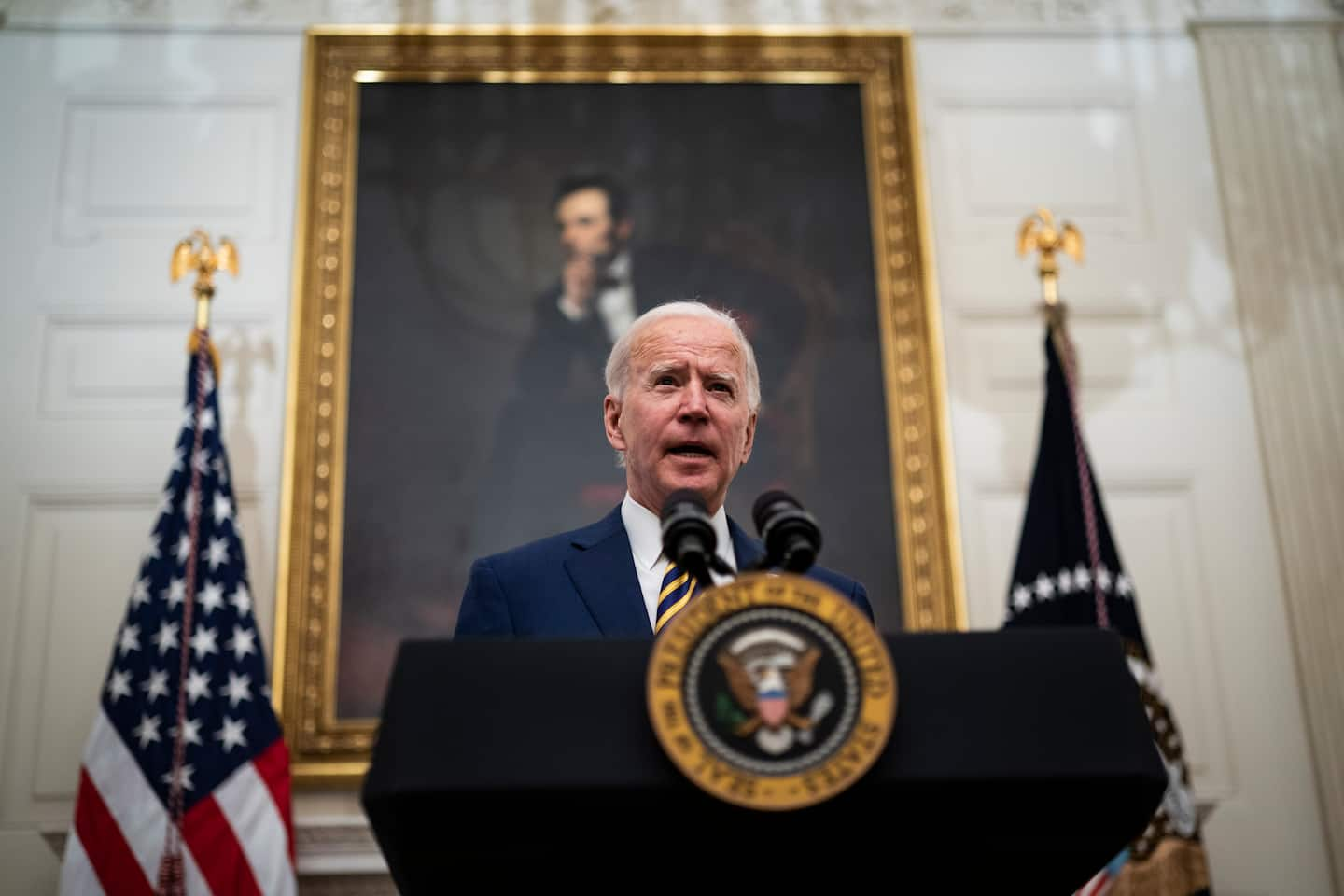Biden has lifted the military ‘trans ban.’ But there’s more work to do.

Yet lifting the “trans ban” by executive order is no more than a good start. The new administration should now formulate legislation, preferably for its initial defense authorization request, to codify the policy as law. That would be a tougher task, demanding that the president spend some of his political capital — and after a bitterly contested election, his account is limited — on an issue that might seem to offer scant political reward. Nonetheless, much of doing the right thing involves doing it in the right way, and in this case, that matters very much.
First, there is the matter of constitutional propriety. “Governing and regulating” the armed services is the responsibility of Congress, not the commander in chief. The mercurial policy reversals regarding trans members of the military over the past five years provide almost a textbook example of the framers’ wisdom in this distribution of powers. The Obama administration ended the trans ban in June 2016, only for it to be reinstated by the Trump administration one year later. Now it has been reversed once again, causing a great deal of unnecessary disruption and confusion.
Such an important policy decision should be made by the representatives of the people, so it is no longer subject to the whims of whoever happens to occupy the White House.
Second, this is a matter of military propriety, good order and discipline. Even though the ban affected only a very small number of service members, the Trump administration’s policy was disproportionately corrosive to the governance of the armed forces.
Similar to the failed “don’t ask, don’t tell” policy, which prevented gay, lesbian and bisexual Americans from openly serving in the military between 1994 and 2011, the Trump ban forced transgender service members to be dishonest about their gender identity. Lies are no basis for the trust needed to recruit, retain and support a professional military force, and they erode the integrity of individuals and the institution.
As Adm. Mike Mullen, chairman of the Joint Chiefs of Staff at the time, said in 2010 in congressional testimony seeking a “don’t ask, don’t tell” repeal, “I cannot escape being troubled by the fact that we have in place a policy which forces young men and women to lie about who they are in order to defend their fellow citizens.”
Arguments that transgender service members will undermine military effectiveness defy empirical evidence. The same argument was made about openly gay, lesbian and bisexual service members, but there is no evidence that military effectiveness suffered in any way over the past decade. Of the countries that permit service by openly transgender people — including the United States’ closest and most martial allies, such as Britain, Australia and Israel — none notes significant loss of operational readiness.
Moreover, numerous studies emphasize that task cohesion (the dedication of a unit to a shared mission) far outweighs social cohesion (the personal bonds between team members) in contributing to military effectiveness. Before the Trump administration rolled out its ban, the uniformed chiefs of each of the military services, including Army Gen. Mark A. Milley (now the chairman of the Joint Chiefs of Staff), testified that transgender service members had not harmed unit cohesion.
A third critical matter is that of political propriety. The number of transgender Americans is minuscule, but the matter of gender identity is deeply felt and, as recent years have made plain, controversial. Resolving this issue through Congress is the right way to make important social change and to reconcile opponents to it. Doing so would also ensure that the armed forces remain agents of social assimilation, not social experimentation.
This is an argument that the president can win, with leadership within his own coalition and an appeal to the better angels of congressional Republicans. For the good of the armed forces and the country, he should welcome the opportunity. December marked the 10-year anniversary of the repeal of “don’t ask, don’t tell.” It was little noticed in the post-election vitriol, but also because the repeal — by law, by act of Congress — settled the matter.
Biden has done the right thing by allowing transgender service members to serve their country openly. Now he can do it in the right way — by persuading Congress to have the final say on the policy once and for all.
Read more:






